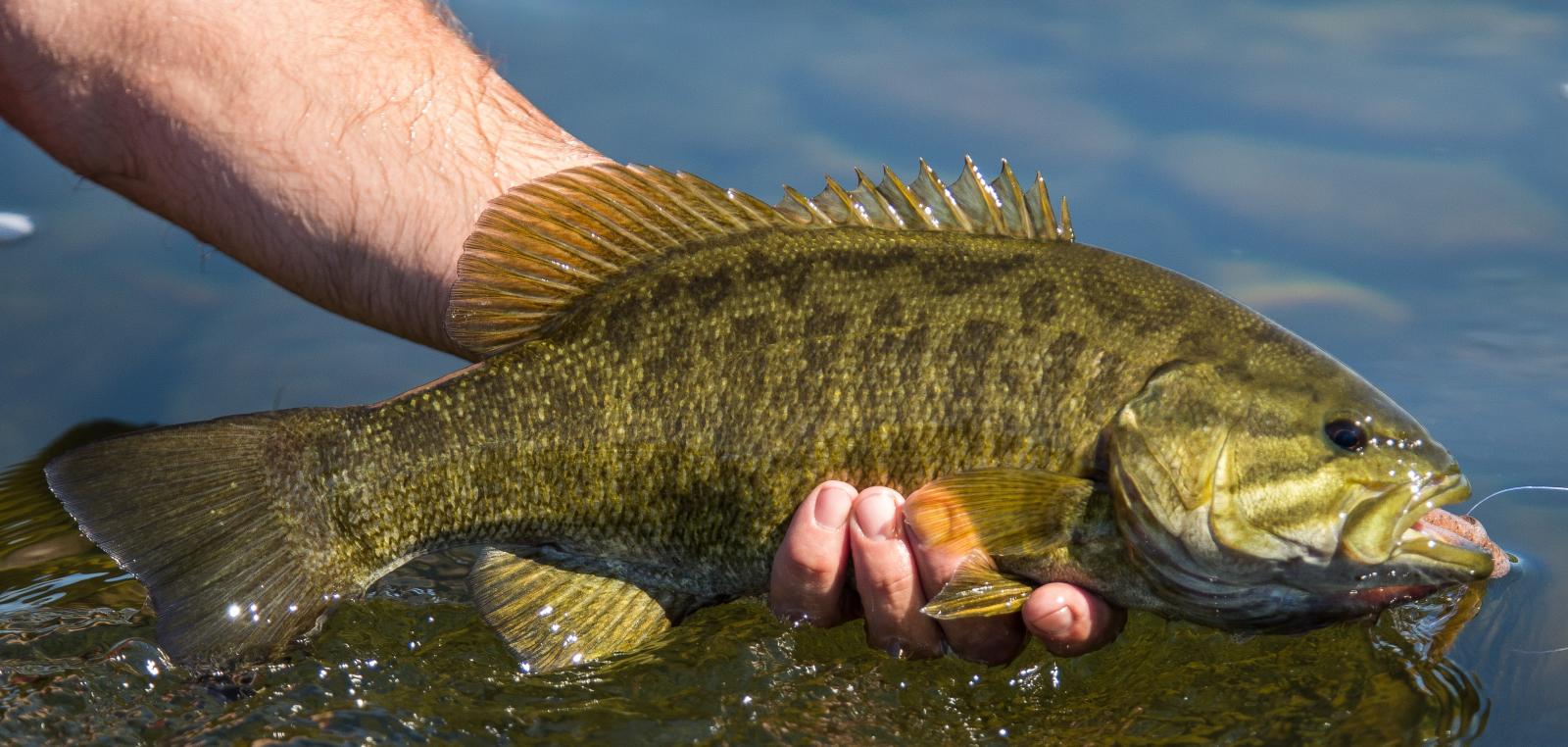Is the Eastern Cottontail a rodent?
What is a river delta?
The mouth of a river, area of deposition.
What is a compound leaf?
Bonus 100- What are the two types of compound leaves?
leaf having more than a single leaf blade (leaflets)
pinnately and palmately
Third order streams are larger than first order streams. True or False?
True
Is a mink a mustelid or a rodent?
Mustelid
What mammal types leaves claw marks in their footprints?
Canines
Do rivers or ponds have more oxygen?
Rivers
What does deciduous mean?
Refers to trees that drop their leaves each autumn.
What is a watershed?
an area of land that catches precipita?on (rain, sleet, snow) that flows & drains into a body of water such as a wetland, stream, river, lake, or groundwater
What step of the water cycle happens after condensation?
precipitation
What PA mammal is a keystone species?
Beaver
Does does "benthic" mean?
Living on the bottom
What is the petiole?
The leaf stalk
A structure that will become a leaf, a flower, or a new shoot
What is the larval stage of a dobsonfly called?
Hellgrammite
Name a PA mammal that is nocturnal.
Opossum, Muskrat, brown bat, meadow vole (summer only), racoon, skunk, coyote, red fox
What fish is this?
Smallmouth bass
Serrate, Lobed, Entire and Bristle tipped are all terms to describe what part of a leaf?
leaf margin
What does plantigrade mean?
100 point bonus- Which PA mammal is plantigrade?
Can stand straight on his hind feet.
Racoon
What plant does this leaf come from?
Eastern Redbud
What PA mammal has an opposable thumb?
Opossum
What is transpiration?
when water evaporates from plant leaves up into the sky
 This is an evergreen leaf. What tree does it come from?
This is an evergreen leaf. What tree does it come from?
Eastern Hemlock
What does catadromous mean?
Bonus 100-What PA animal is catadromous?
migrating down rivers to the sea to spawn
List at least two reasons why scientists may want to study macroinvertebrates.
Bonus 100-Name a macroinvertebrate.
1. Macroinvertebrates are easy to sample. They are found in large numbers and can be easily collected and iden?fied by most people.
2. Macroinvertebrates cannot easily escape polluti?on. While fish can swim away, birds can fly away & mammals can walk away.
3. Most invertebrates live most of their lives in the same part of a stream or river, clinging to objects like rocks, plant stems and underwater branches to keep from being swept away in the current. We know where to find them.